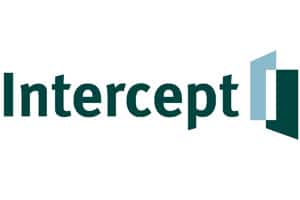
The US Food and Drug Administration (FDA) has pushed back the date on which it is due to decide whether to approve Intercept Pharmaceuticals’ non-alcoholic steatohepatitis (NASH) drug.
Originally, the FDA gave Intercept’s obeticholic acid a Prescription Drug User Fee Act (PDUFA) target action date of 26 March. However, it became clear late last year that the FDA would miss that PDUFA date.
Details of the likely delay first emerged last year when the FDA tentatively scheduled an advisory committee meeting to discuss Intercept’s obeticholic acid filing for 22 April, around one month after the agency’s original PDUFA date.
Intercept confirmed the delay in a filing with the US Securities & Exchange Commission last week. The filing revealed the FDA has pushed back the PDUFA date to 26 June.
“This typical three-month extension provides the time needed to accommodate the advisory committee meeting and for the FDA to complete its review of the company’s [new drug application], including additional information provided in response to FDA requests,” Intercept wrote in the filing.
Despite the delay, Intercept is still on course to be the first company to win approval in an indication it helped to put on the map. Intercept put NASH in the headlines in 2014 when it posted mid-phase data that sent its share price up 500% and has remained at the front of the race to bring a therapy to market ever since.
Intercept is trailed by Genfit, which is due to release late-phase data on its candidate this quarter, and a large pack of companies with earlier-phase candidates. The chasing pack includes a who’s who of large drugmakers including Allergan, Gilead Sciences and Novartis.
As it stands, Intercept is poised to access the NASH market before its larger rivals but it is unclear if that first-mover advantage will translate into commercial success.
The safety and tolerability profile of obeticholic acid, which is associated with pruritus, may limit the number of patients and physicians who want to use the drug, even if it is good enough for approval by the FDA.
Diagnosis is another potential barrier to sales growth. NASH is definitively diagnosed by liver biopsy, an expensive and invasive procedure. Non-invasive tests are in development but obeticholic acid is on course to get to market before these alternatives to liver biopsy are available commercially.
Despite those headwinds, analysts have tipped obeticholic acid to generate blockbuster sales.




